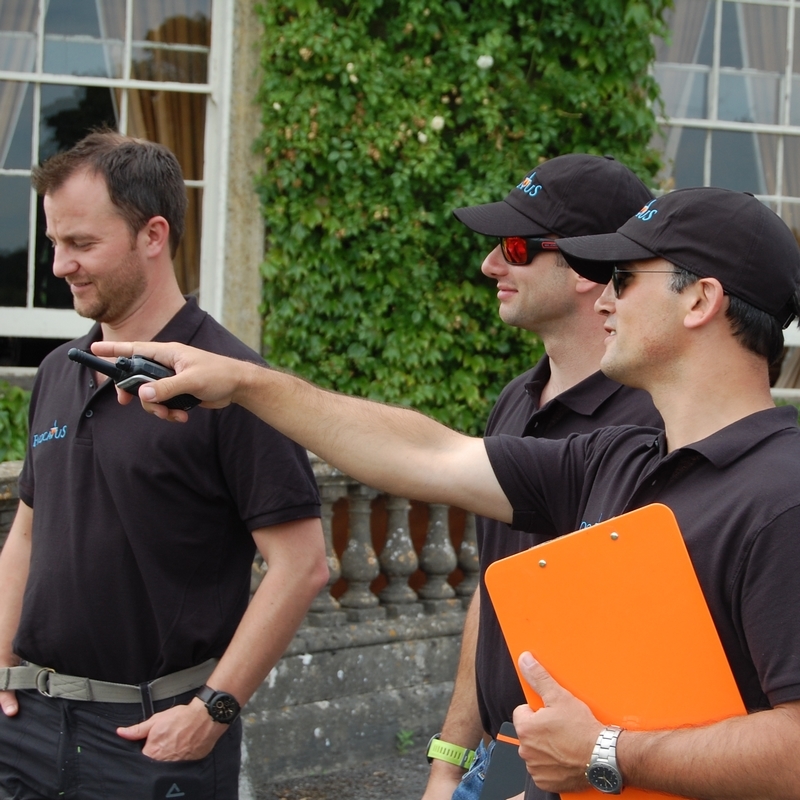What does Innovative thinking mean to you?
 Innovation is one of those words which means different things to different people and to different industries. For some, innovation is all about technology while others will argue that it’s simply an approach which looks to do things differently. At Evocatus, we think it’s about an open-minded approach to solving problems and dealing with obstacles; it’s a culture which unpicks assumptions that “the way we’ve always done it” is the best way and makes space for new ideas to be developed and tested.
Innovation is one of those words which means different things to different people and to different industries. For some, innovation is all about technology while others will argue that it’s simply an approach which looks to do things differently. At Evocatus, we think it’s about an open-minded approach to solving problems and dealing with obstacles; it’s a culture which unpicks assumptions that “the way we’ve always done it” is the best way and makes space for new ideas to be developed and tested.
Creating this culture is not easy. An article published in Harvard Business Review last year, by Gary P Pisano, highlighted the harder side of a creating a truly innovative culture, including the need for stronger leadership in flat structures, for discipline in experimentation and for brutal honesty within a culture of psychological safety. Achieving these harder aspects of an innovative culture won’t happen by accident. Everybody appears to want their organisation to get better at innovation; techniques to really kickstart the required culture and approach needed are something we offer.
Problem Solving Games
As ever, the Evocatus view is that practical experiences gained during games and exercises are a great way to develop effective behaviours and build confidence within and across the team. In particular, we think that games are a great way to create and reinforce a “Safe to Fail” approach which allows for effective experimentation; we also think they are an ideal environment in which to get team members comfortable with challenging their leaders’ ideas and preconceptions.
Really good problem solving games, particularly in which teams race to come up with solutions, can reinforce the importance of experimentation and challenging assumptions, but will also underline the importance of a rigorous, disciplined approach; effective experimentation is not just about trying everything, but is about careful and informed decision making. Exercises can encourage players to apply strategic thinking to design and set priorities for turning ideas into solutions By providing leaders with an intentionally misleading or incomplete understanding of the situation, we can highlight the brutally candid approach required; if their team can’t speak up or if leaders can’t listen, then they won’t be able to effectively innovate. This is as much about developing leaders as it is about broader team development.
Why do we think problem solving games are so valuable for developing innovative culture?
It all comes back to what innovation is all about – it’s about accepting novel ideas and then being able to successfully and efficiently develop them to a point where they can be put aside or turned into a genuine solution. By presenting problems for which there is no obvious best fit solution, we can let a team run through cycles of innovation, developing and then rejecting or refining ideas until they have one which will win them the game. And in a bespoke training game, teams can compete against each other as if in a marketplace; the team that wins will be the one with the discipline, honesty and confidence in each other to reach a suitable solution first.
Gary P Pisano is probably right that innovation is not all fun and games, but we think there might be room for rather more of both than he’s letting on.
If you would like to build confidence in innovative thinking within your team through the use of a bespoke problem solving game in Swindon, Bath, Bristol, the South West, Oxfordshire, or London and you think we can help then please contact us.
